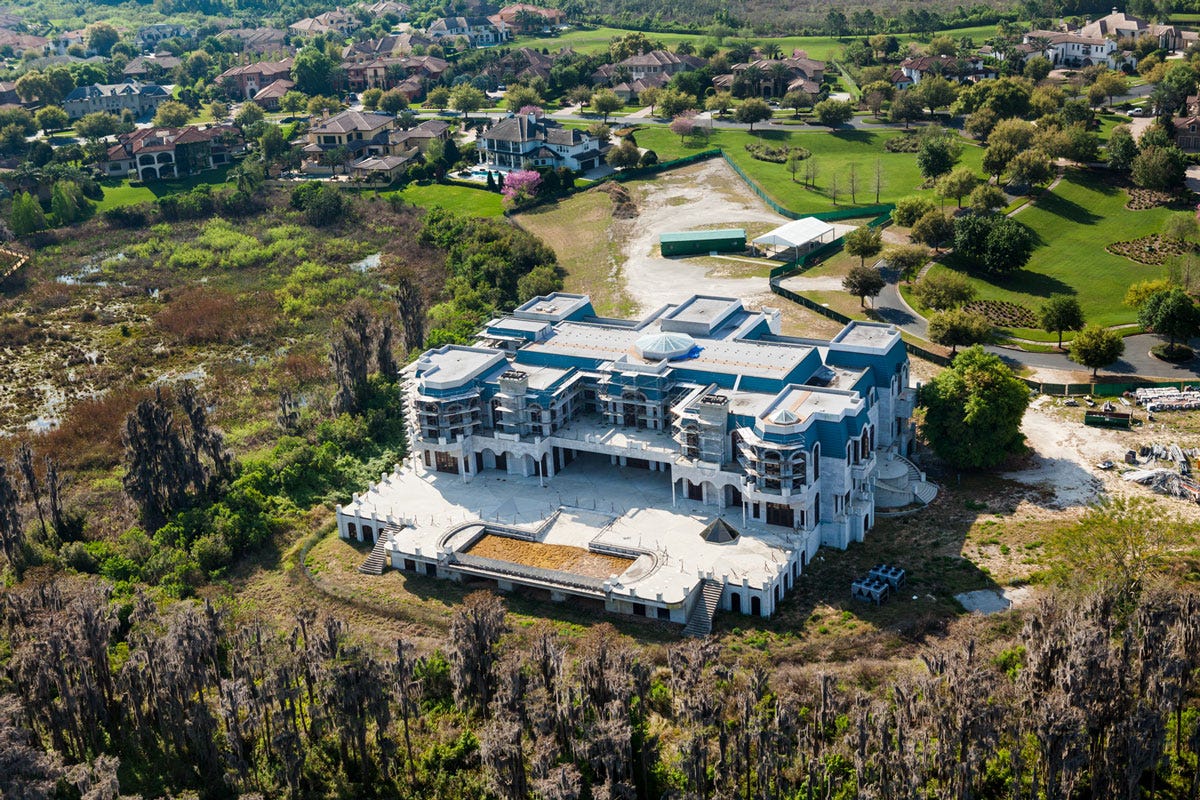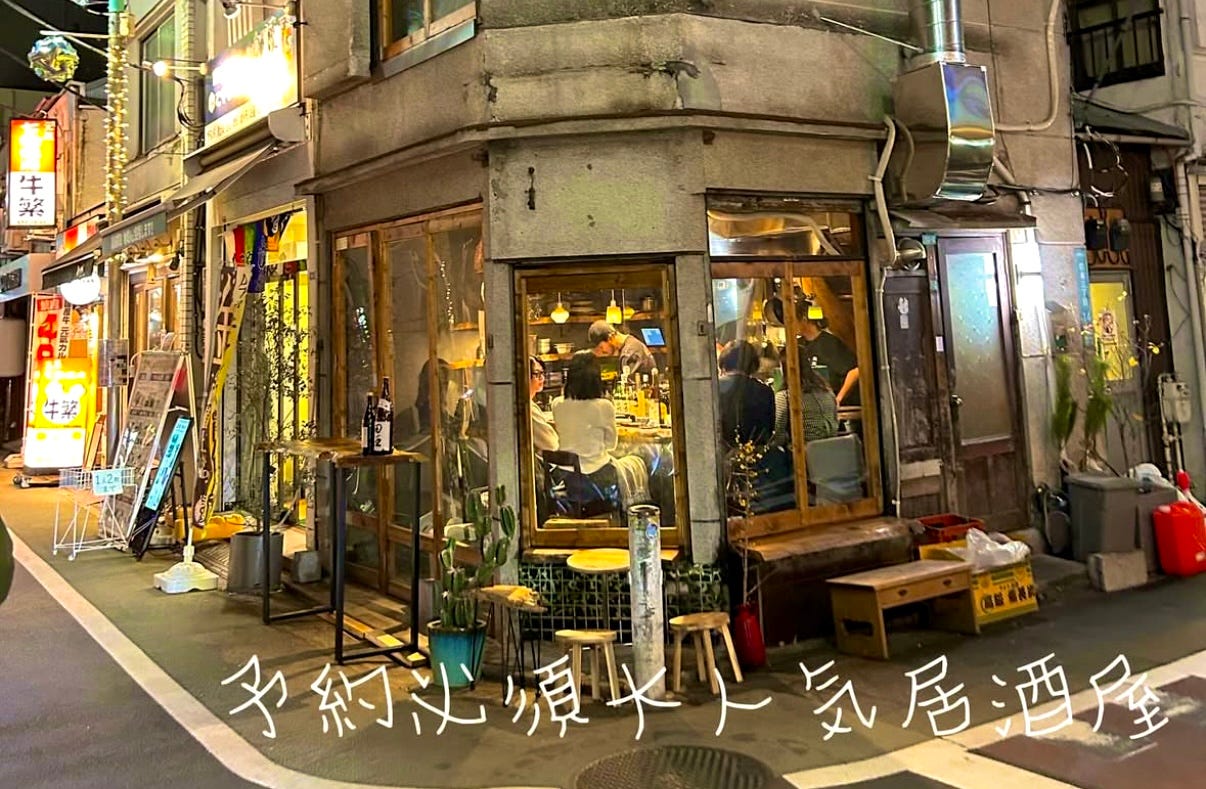This concept from Seth Godin really bangs around in my head:
"Once you have enough for beans and rice and taking care of your family and a few other things, money is a story. You can tell yourself any story you want about money. And it's better to tell yourself a story about money that you can happily live with." This comes from a Tim Ferris podcast interview (listen to it here) and Tim reflects on the idea, ‘So if you want more money, you need to understand you're always going to have to trade something for it, and you need to be very clear with yourself what you're willing to trade.’
I live in a very moneyed place, Hollywood. And like most big cities, it is a tectonic smashing of rich and poor. Perhaps more than any other city, Hollywood (and its adjacent towns) has friend groups with wide income gaps. An actor friend can win a big role and suddenly make hundreds of thousands of dollars a year. His crew can still be working retail or restaurants or freelance and afford rent, but eat Chipotle… not Nobu. And suddenly their buddy is house shopping.
I’d venture to say most cities see friend groups on mutually tracking socio-economic ladders, climbing at attainable speeds. Promotions and life goals hit at similar times. ‘Keeping up with the Joneses’ implies that it’s possible to keep up with your neighbors because you’re working in the same reality with the same set of rules. In a city like Los Angeles, a singer can launch like Chappell Roan and their life is on a completely different planet from their friends.
This juxtaposition has given me, over my two decades here, a close study on happiness as it relates to wealth. I’ve seen people go from nothing to everything. I’ve seen what changes and what doesn’t.
This city of dreams is, of course, full of dreams deferred. Steinbeck said that America is populated with ‘temporarily embarrassed millionaires.’ If we’re not rich yet, it’s because our break hasn’t happened. The windfall is just around the corner.
This love of money has created an economy of entrepreneurs whose main goal is to build a business and sell it. Scale a company quickly and offload it to some mega-corporation. Capture an audience with promises of low prices and no-tipping (Uber) and then renege when the venture capital money runs out. But who cares, you’ve already got them. Cash out and chill.
I noticed such a stark difference to this mentality when I was in Japan. There is a culture of craftsmanship there. Of citizenship. Of community. The idolatry-of-magnitude is not their motivation. Making beautiful things for the people in their neighborhood is. Or, making something beautiful simply because you should. I went to so many shops, so many restaurants, where the quality was excellent, and it was one-of-one. It was not a chain, not a financial venture. It was a small and intentional livelihood, owned by one man or one woman, a moment in space that was cared for and therefor perfected. Everywhere I went, excellence was waiting.
(If you haven’t watched Perfect Days, pleeeeease watch this movie. I think about it all the time and it beautifully presents this sentiment.)
Road trip around America and you’ll find small towns surviving off of multinational food corporations selling ultra processed foods at prices only possible at scale. You find miserable workers praying to clock out.
“Once you have enough for beans and rice and taking care of your family and a few other things, money is a story.”
The thing I’ve learned from moneyed people is that money solves money problems. If you need to fix your car, money helps. If you need a shoulder operation, money helps. In this way, money is wonderful. But many of us have dreamed of having money far beyond these needs. And are willing to chase that life. But I have never met someone sane with gobs of money whose truest dream is more money. They all want quality conversations with people they love. They want time with their kids and friends. They want purpose and fulfillment. They want to feel that they’ve mattered.
Money, beyond a certain point, is a story you’re telling with your life. And in a way, it’s a story you’re telling your middle-school self. Proving something to someone. Proving to yourself that you’re big and strong and cool. Proving to your money-scarce childhood that security can be achieved. This pure motivation can become pathological.
I want enough money to buy a new (used) car when I need one. To eat good sushi and fly to Paris once in a while. I want a house with good windows and lots of trees. I want to subscribe to the Paris Review and The New Yorker.
I do not need to be a millionaire to do this.
I can’t be broke either. But this is the distinction I want to make.
Work hard and make a living. Live below my means to keep my baseline attainable and stress free. Cultivate taste instead of luxury. Determine what I actually like versus what I think I should like. Don’t let the unconscious inheritance of the more-monster mentality define my life.
Define what is enough for yourself.









Walking out the door to work with a better sense of clarity this morning thanks to this
Hey Jed, here to say I love what you write. That's been true since years ago when I came upon something you had written, and I was all in for all the words then, and all the words to come. To me the value of that feeling inside my heart/mind/body holds more value than many things including "more money." I have more than I need and when able, my husband and I give away money to organizations and people who have unmet needs that are important to meet. Have you read "Shop Class is Soul Craft". I just learned about it, and have ordered it for an upcoming read. I think it speaks specifically to what you mention about Japan. In the meantime, I send you every good wish wrapped in love. xo